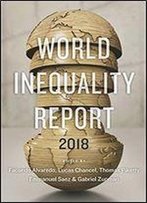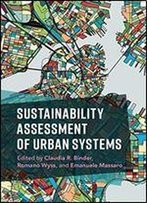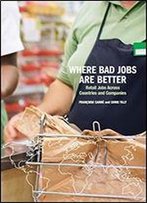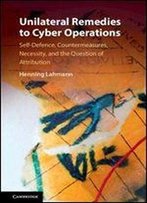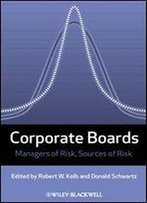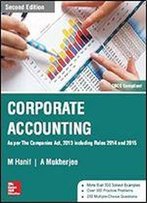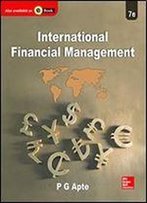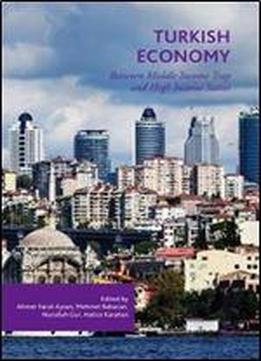
Turkish Economy: Between Middle Income Trap And High Income Status
by Ahmet Faruk Aysan /
2018 / English / PDF
7.8 MB Download
This book scrutinizes the last 15 years of exceptional growth in the Turkish economy, and presents a model for sustainable ongoing growth that has particular implications for other key emerging economies.
The growth of the Turkish economy in the 2000’s was based on two integrated fundamental factors: fixing deteriorating dynamics and implementing further reforms to stimulate economic activity. This basic formula led to pleasing rates of economic growth, fuelled particularly by domestic private investments along with revived consumption and exports. Driven by political stability established by single party governments in the post-2002 period, an improved economic outlook helped Turkey enjoy record levels of foreign investment, adding momentum to its growth story.
The Turkish experience in the post-crisis period implies that in order to achieve a fast and - more importantly - sustainable onward growth, the economy needs a new generation of structural reforms that simultaneously heal fragility and vitalize economic activity.
The papers in this book offer professional assessments and assistance - especially for policymakers, and present a new direction upon which the Turkish economy - and emerging markets - can progress successfully for a further 15 yearsThis book scrutinizes the last 15 years of exceptional growth in the Turkish economy, and presents a model for sustainable ongoing growth that has particular implications for other key emerging economies.
The growth of the Turkish economy in the 2000s was based on two integrated fundamental factors: fixing deteriorating dynamics and implementing further reforms to stimulate economic activity. This basic formula led to pleasing rates of economic growth, fuelled particularly by domestic private investments along with revived consumption and exports. Driven by political stability established by single party governments in the post-2002 period, an improved economic outlook helped Turkey enjoy record levels of foreign investment, adding momentum to its growth story.
The Turkish experience in the post-crisis period implies that in order to achieve a fast and - more importantly - sustainable onward growth, the economy needs a new generation of structural reforms that simultaneously heal fragility and vitalize economic activity.
The papers in this book offer professional assessments and assistance - especially for policymakers, and present a new direction upon which the Turkish economy - and emerging markets - can progress successfully for a further 15 years.
Kindly Support And Buy Premium FromTo Continue Produce More Amazing Posts Thanks All

